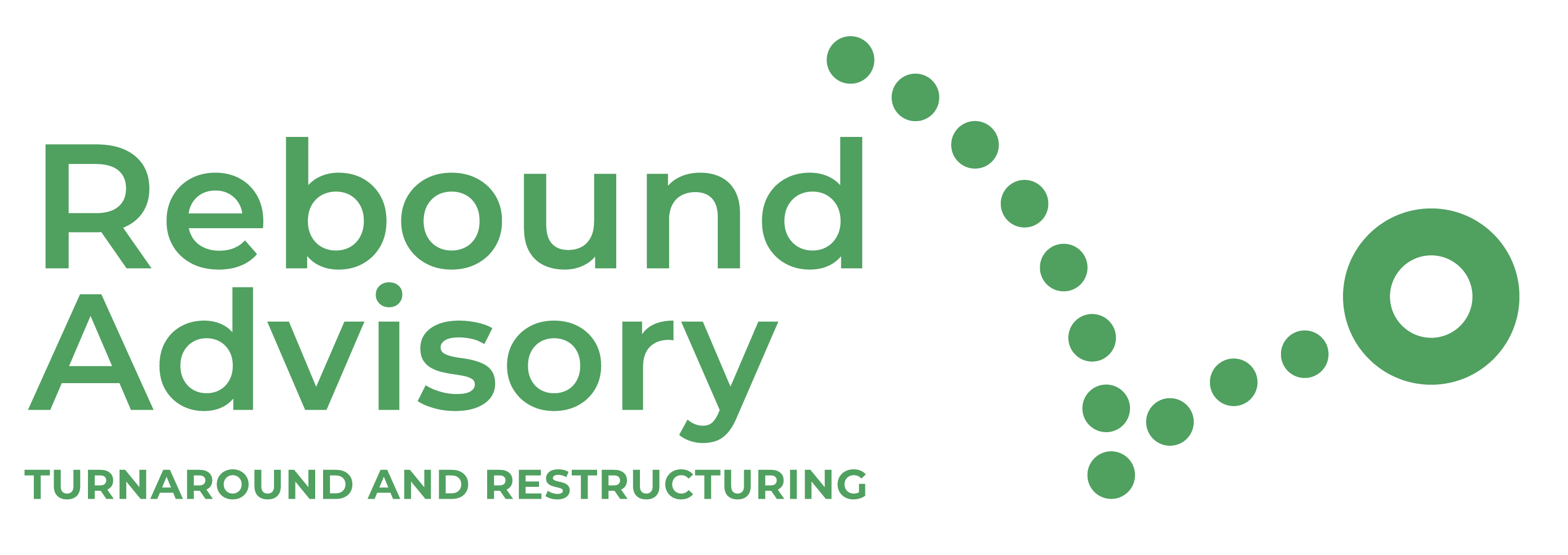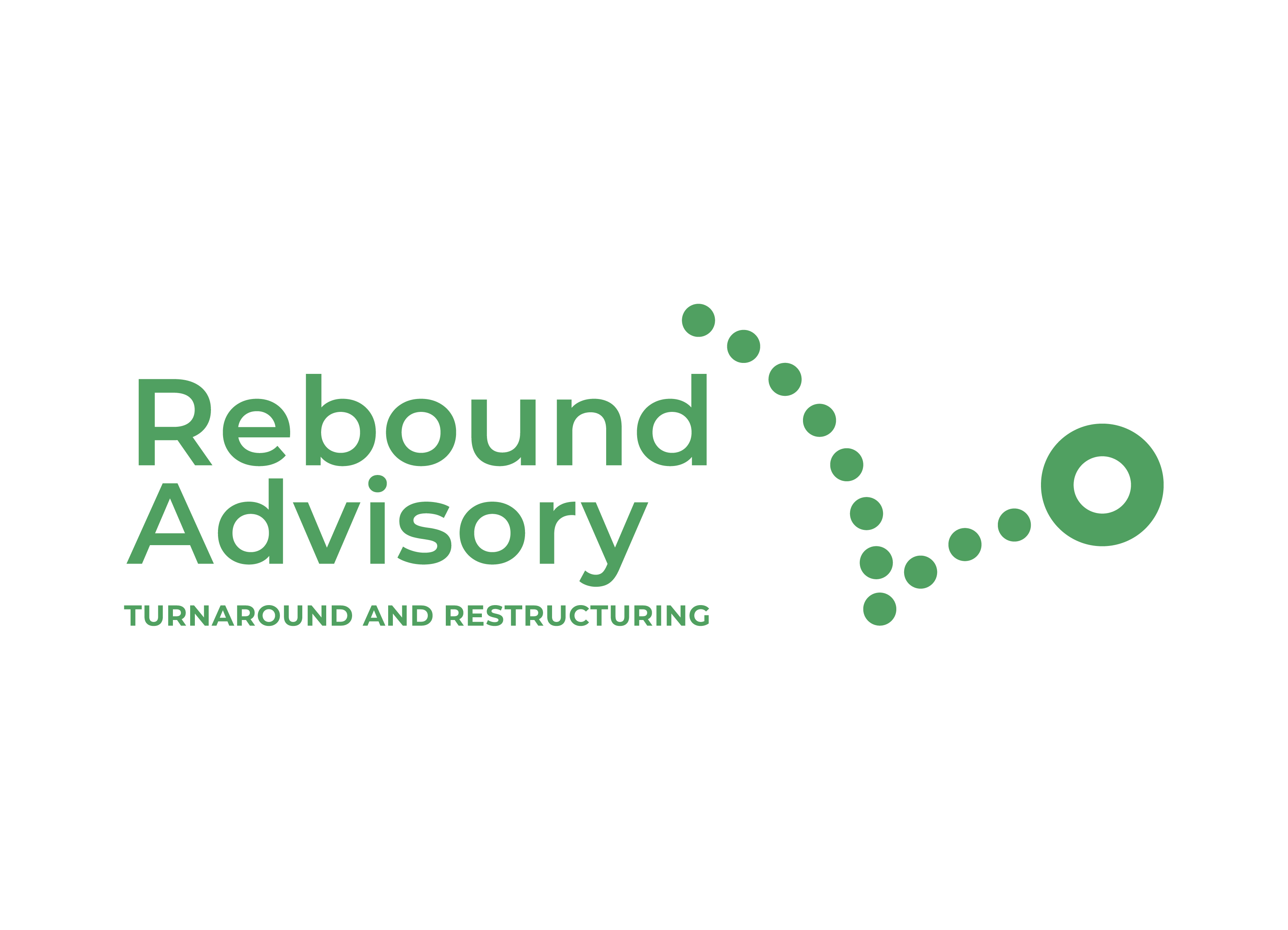The Art of Restructuring: Trust as the Bedrock of Stakeholder Leverage
In today’s volatile economic climate, with rising interest rates and waning consumer and business confidence, Australian SMEs are being tested like never before. For those on the precipice of financial distress, restructuring becomes not just a strategy but a necessity. At the core of successful restructuring lies stakeholder leverage, which, at its essence, is deeply rooted in trust. For finance professionals – bankers, brokers, and accountants – understanding the symbiotic relationship between trust and leverage becomes a key to guiding businesses through tumultuous waters.
Trust: The Heart of Relationship Leverage
Trust is the foundation upon which any relationship stands, and in the business world, it is no different. Companies cannot hope to leverage their connections with bankers, suppliers, employees, customers, or governmental entities without first establishing a bond of trust.
Why is trust so crucial?
- Predictability: In an environment of trust, actions become more predictable. Stakeholders know they can count on a company to meet its obligations and promises, even if circumstances change.
- Risk Reduction: Trust diminishes perceived risks. When stakeholders trust a company and its people, they believe in its intentions and capabilities, making them more willing to negotiate, cooperate, and potentially make concessions.
- Open Communication: Trust fosters open, honest communication. Difficult topics can be broached, and problems can be solved collaboratively.
Trust in Action: The Pillars of Effective Restructuring
For restructuring to be effective, the relationship dynamics with various stakeholders should be underscored by trust:
- Bankers become more inclined to provide support, such as favourable terms, forbearance or even additional finance, when they believe in a company’s commitment and capability to turn things around.
- Suppliers are more likely to renegotiate terms if they trust the company’s promise of future collaboration and believe in its recovery plan.
- Employees, when they trust the management’s intentions, can be more willing to make sacrifices, knowing their long-term interests are being considered.
- Customers will stick by a brand they trust, even in turbulent times, ensuring a stable revenue stream.
- Government and Other Stakeholders are more amenable to negotiations and support if they believe in the company’s integrity and societal value.
A Crucial Insight on Trust in Business Dynamics
Businesses navigating decline often find themselves caught in a swift undercurrent of eroding trust. Missing deadlines, falling short on financial obligations, or even failing to maintain transparent communication — each of these can chip away at trust, a pillar upon which successful business relationships stand.
However, the spiral of declining trust isn’t irreversible. Sometimes, the clarity of an external perspective, slightly removed from the emotional and immediate challenges of the situation, becomes the guiding beacon. This is where leaning on a seasoned professional makes all the difference. Such a professional, adept at not only maintaining but enhancing trust amidst challenges, becomes an invaluable asset.
Moreover, it’s essential to understand the transformative power of trust cultivated during adversity. Trust forged in the crucibles of financial strain, emotional distress, and external pressures isn’t fleeting. On the contrary, it can solidify into an unyielding foundation. A foundation that not only helps a business weather the immediate storm but serves as a robust launching pad for renewed prosperity and sustained profit growth in the ensuing years.
If your business faces such challenges, consider seeking the counsel of a trusted professional. One who understands the intricate dance of trust in the face of adversity and knows how to transform it into your most potent asset for future success.

